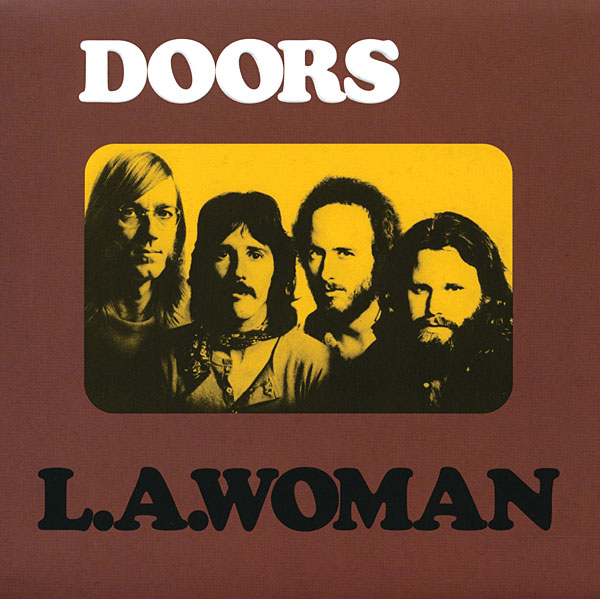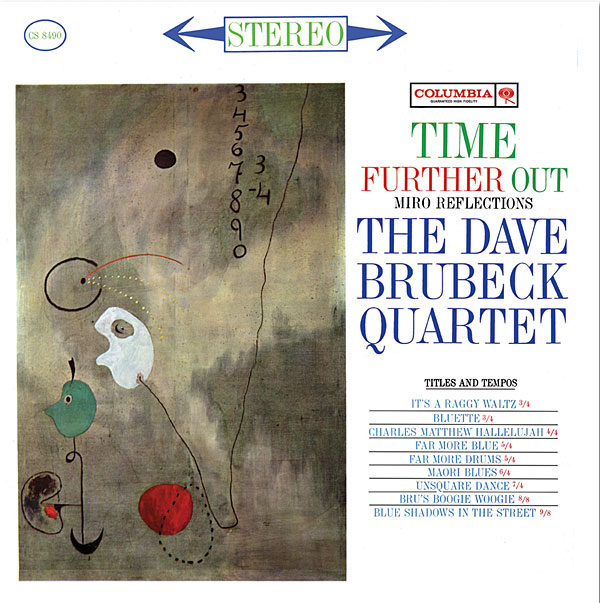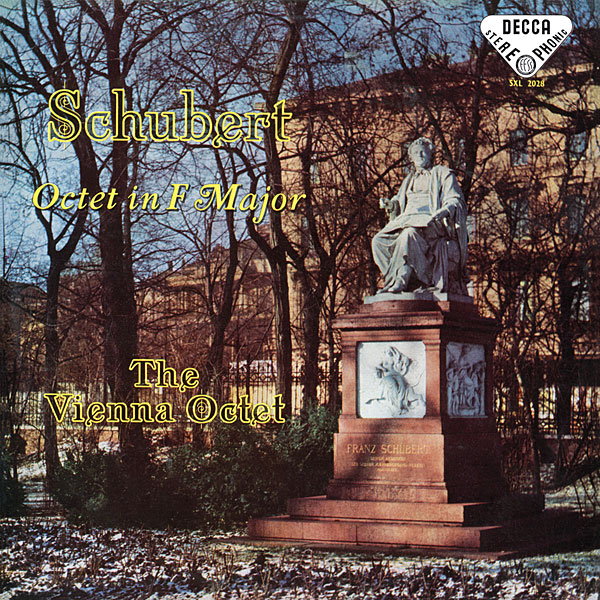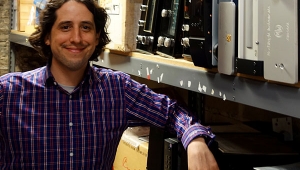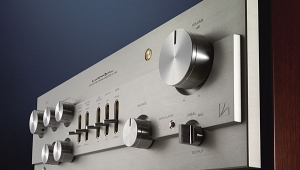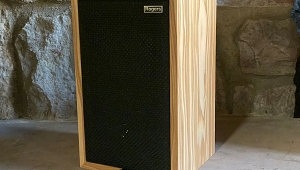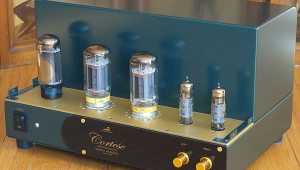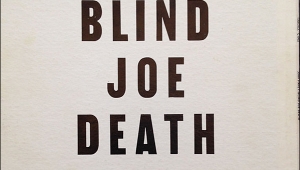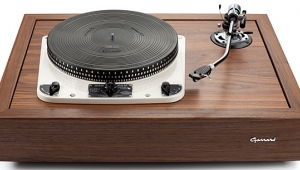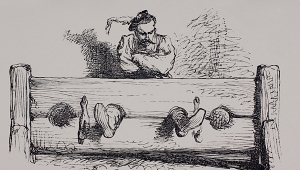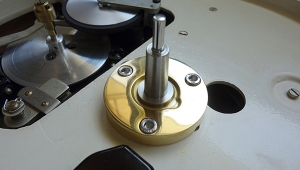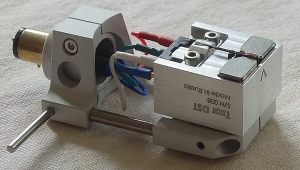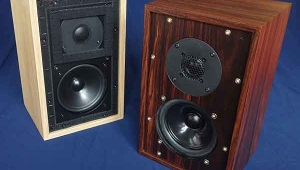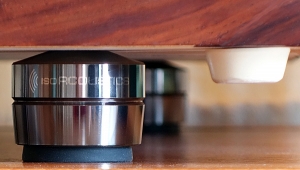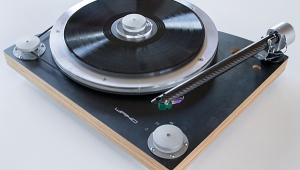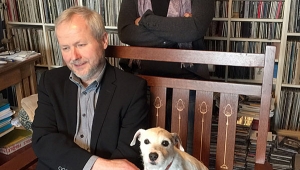| Columns Retired Columns & Blogs |
This audio interview and other pages from MF's corner will also be of interest: http://www.analogplanet.com/content/abbey-road-studios-sean-magee-talks-about-mastering-beatles-lp-box
There are a few cringe-worthy things the engineer asserts (limiting the cutter head to 16kHz is "necessary") and reveals (the USB stick's files usage, the consumer DAC) as well as some pleasent surprises such as the fact these LPs are less dynamiclally constrained than the originals.
My takeaway since November is that for those that haven't heard them this good previously, they'll be happy with their purchase because they do sound better than any of the CDs and few people bought the USB stick. For the rest of us, we know they could have done better on a few blindingly obvious fronts.
My reaction to reading AD's column here was cathartically wonderful. I wanted to scream, "YES ART GO AND KICK EMI'S ASS!"
